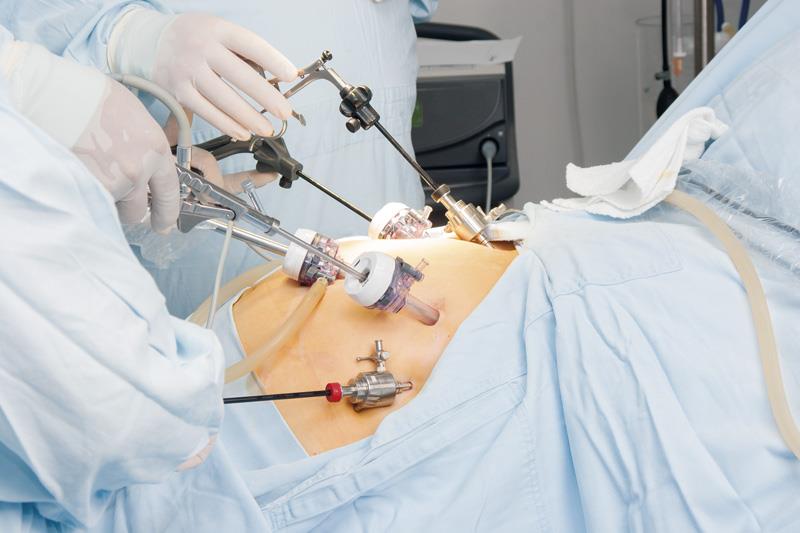
Women who had bariatric surgery before pregnancy are at increased risk of congenital anomalies, particularly heart and musculoskeletal defects, a recent study has shown. However, this association disappears after fortification.
Of the 2,194,348 pregnancies included in this retrospective cohort study, 1,845 (0.08 percent) were from women who had bariatric surgery prior to pregnancy. Having bariatric surgery led to a 20-percent increase in the risk of birth defects in later pregnancies (risk ratio [RR], 1.20, 95 percent confidence interval [CI], 1.01–1.43) compared with having no surgery or obesity.
In contrast, obesity without having bariatric surgery was associated with 1.09 times (95 percent CI, 1.07–1.12) the risk of birth defects. The association with bariatric surgery was higher for heart (RR, 1.47, 95 percent CI, 1.02–2.12) and musculoskeletal defects (RR, 1.32, 95 percent CI, 1.02–1.71).
These associations appeared before the implementation of folic acid food fortification (RR, 2.03, 95 percent CI, 1.41–2.92) but was not present after fortification (RR, 1.05, 95 percent CI, 0.86–1.28).
“Future studies are needed to determine whether micronutrient supplementation underpins the difference in the changing results pre- and postfortification,” the investigators said.
This study examined pregnancies that occurred between 1989 and 2016 in Quebec, Canada. Women who had bariatric surgery before pregnancy were identified, including nonobese women with no surgery as a comparison group.
The investigators used log-binomial regression models to estimate RRs and 95 percent CIs for the associations between bariatric surgery and the risk of birth defects, adjusting for maternal age, parity, comorbidities, whether there was a multiple birth, socioeconomic deprivation and the presence of folic acid food fortification.